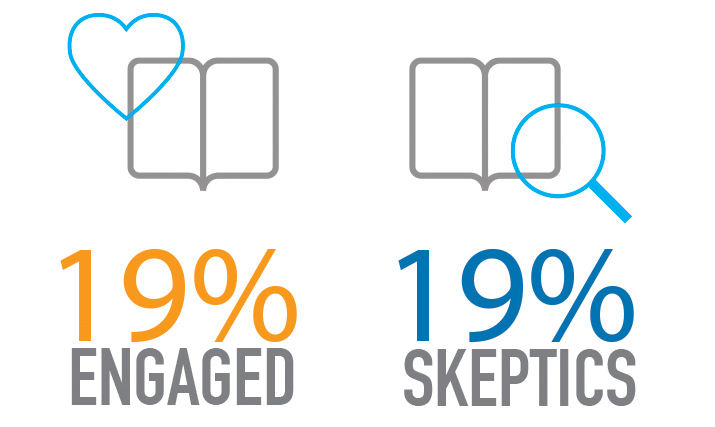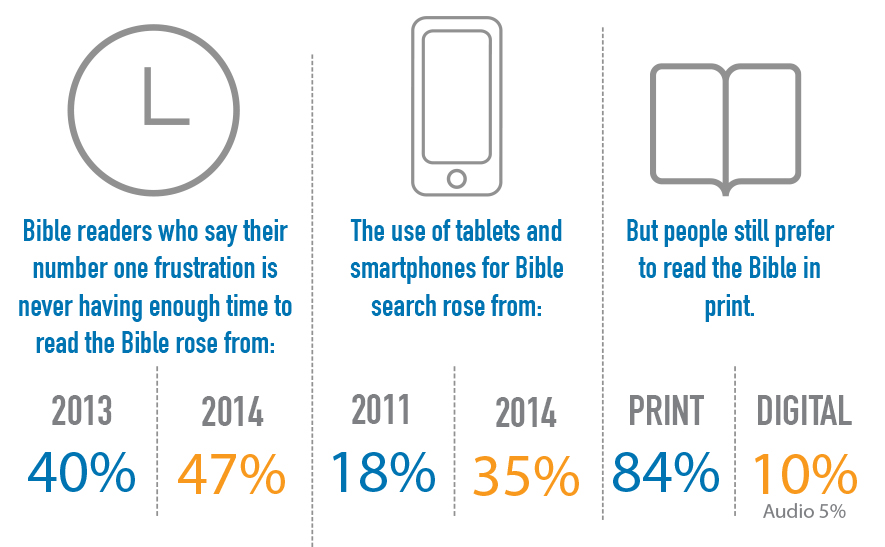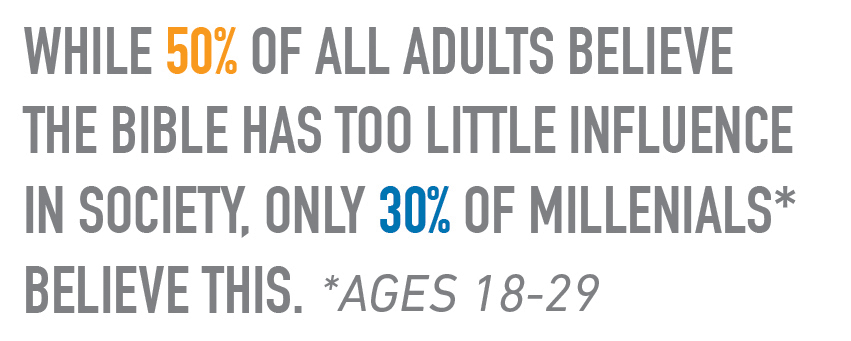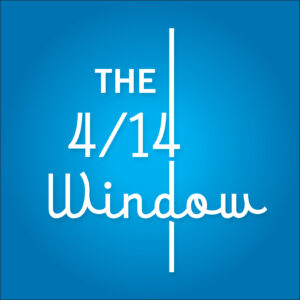As a ministry whose heartbeat is to share GOD’S WORD with every child, we sit up and take notice when we see the Bible showing up more often in mainstream media.
- The Bible mini series on TV turned into a movie called Son of God
- National attention on the case for religious freedom in Sebelius vs. Hobby Lobby
- YouVersion’s Bible App downloaded more than 130 million times—making the Bible more accessible around the world than at any other time in history. There’s even a Bible App for Kids!
- God’s Not Dead movie—ripe with religious themes and a strong biblical apologetic—exceeding expectations at the box office.
- The Bible is in legislation to potentially become Louisiana’s official book
- Noah movie has driven people to the Bible to check the storyline of this epic against the biblical account.
Although we deal primarily with Scripture engagement programs and products for children and youth, we monitor relevant trends that augment our research on how the Bible and Scripture engagement are viewed.
The Barna Group, in partnership with American Bible Society, just released its annual “State of the Bible” study. Their release highlighted some fascinating trends:
- Bible skepticism is on the rise compared to previous years—this year the number of people who claim they don’t believe in the Bible equals the number of people who claim to regularly read or study the Scriptures. [1]

- Most Americans are still “pro-Bible” despite the overall decline in percentage of people who profess its deity.[1]
- Many are “too busy” to read the Bible despite it’s ubiquitous availability—even in app form where it can be read to you, or set a reminder to read through a reading plan.[1]

- The Bible is showing up on screens now more than ever—TV, movies, smartphone and tablet apps, podcasts and online sermons are all helping people engage with the Bible more quickly and easily, yet the print version is still the most popular choice for reading God’s Word.[1]
- The Bible generally sits on a shelf until a crisis—while many regularly engage in reading the Bible, most report that they are drawn to search it out for answers to life’s questions or when they are in need of comfort or answers for tough situations they may be facing.[1]
- Lack of Bible reading is no longer one of the factors survey participants attributed to America’s “moral decline,” compared to other influencers like music, movies and television. [1]
One of the most interesting pieces of the study related to Millennials and revealed that:
“Not only are Millennials more likely to be skeptical toward Scripture, they are also less likely to read the Bible (39% say they never read the Bible, compared to 26% of all adults), less likely to own a Bible (80% compared to 88%) and less likely to believe the Bible contains everything a person needs to know to live a meaningful life (35% compared to 50%). Given the increase in Millennials who don’t believe the Bible is sacred and the decrease in Bible awareness among Millennials, Bible skepticism will likely continue to rise in the next five years.”[1]
Studies like this are informative, sobering in parts, but do not change our determination to stay on mission, nor our methods along the way. We by no means write off the Millennial generation , but we focus our reach at OneHope on children and youth—most between the ages of 4-14—who are in the critical window of developing the worldview and moral values that will be with them the rest of their lives. We are working hard to raise up a new generation that bucks the trend of Bible poverty, apathy, or laissez-faire awareness—such as is exhibited by Millennials in this study—and are instead characterized by strong faith founded and grounded in the Word of God.
, but we focus our reach at OneHope on children and youth—most between the ages of 4-14—who are in the critical window of developing the worldview and moral values that will be with them the rest of their lives. We are working hard to raise up a new generation that bucks the trend of Bible poverty, apathy, or laissez-faire awareness—such as is exhibited by Millennials in this study—and are instead characterized by strong faith founded and grounded in the Word of God.
[1] https://www.barna.org/barna-update/culture/664-the-state-of-the-bible-6-trends-for-2014#.U1Qz-uZkEwN



